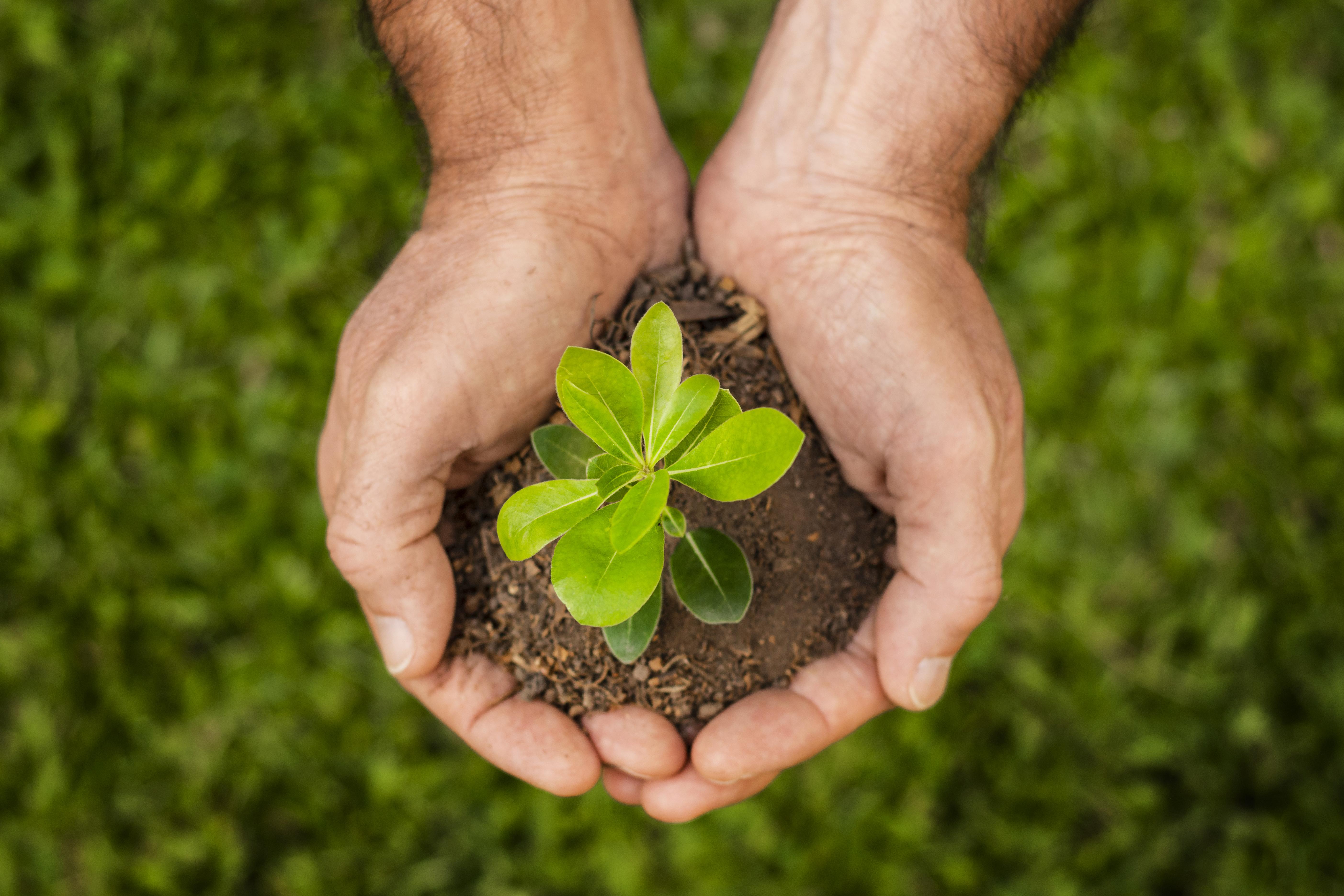Environment and Climate Sustainability

The Environment and Climate Sustainability Working Group deals with current issues on the environmental and climate sustainability agenda, with a view to encouraging cooperation between G20 members and guests on concrete and innovative solutions. It will discuss preventive and emergency adaptation to extreme events, payments for ecosystem services, oceans, as well as waste and the circular economy.
About the WG
The WG on Environmental and Climate Sustainability is the appropriate forum to increase coordination and cooperation between G20 members, with a view to identifying concrete and innovative solutions to the world's environmental and climate challenges. The Brazilian presidency of the G20 will focus on addressing these issues considering the three pillars of sustainable development - social, economic and environmental.
The strategic agendas proposed by the Brazilian presidency are:
Preventive and emergency adaptation to extreme weather events: The increase in the frequency and intensity of extreme weather phenomena is one of the most evident impacts of climate change. Previous editions of the G20 have encouraged building resilience to these phenomena by incorporating measures to respond to climate-related impacts into national policies and plans. The Brazilian presidency believes that an emphasis on emergency and preventive adaptation can boost global efforts towards reducing risks and strengthening members' resilience through developing guidelines for assessing vulnerabilities and preventing and responding to the impacts of extreme weather events.
Payments for ecosystem services: Ecosystems worldwide provide a wide range of vital services to the planet’s balance and maintenance of natural life. However, compliance with the multilaterally agreed goals and objectives for financing their protection is still a cause for concern. In this context, Payment for Ecosystem Services mechanisms, which are based on recognizing the goods and benefits provided by nature, are an efficient tool for leveraging resources for the conservation and sustainable use of natural resources.
Oceans: Oceans play a fundamental role in regulating the climate, storing solar radiation and distributing heat and humidity around the globe. Maintaining healthy oceans is key to combating climate change. Previous G20 presidencies have made significant contributions to raising awareness about the importance of healthy oceans and deepening knowledge about how we can contribute to their conservation and sustainable use. Brazil's presidency of the G20 will propose further reflections on how to promote healthy and sustainable oceans for the planet and the world's population.
Waste and the circular economy: Waste is one of the most visible aspects of environmental degradation. Polluted air, water and soil have historically been at the root of environmental concerns. An in-depth discussion on waste seems highly appropriate at the G20, based on the work of the grouping's previous presidencies. The socio-economic aspects regarding waste management, including those derived from plastic products, are also of crucial importance in its handling and management.
History of the WG
The issue of environmental and climate sustainability has been dealt with at the G20 since 2017 and has become an important forum for dealing with related issues such as soil degradation, ocean health, biodiversity and the circular economy. Brazil's role reflects its historic position in defense of multilateralism, increasing the participation of developing countries in decisions on environmental and climate issues and promoting sustainable development in its three pillars (social, economic and environmental).